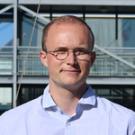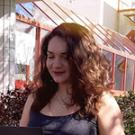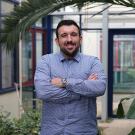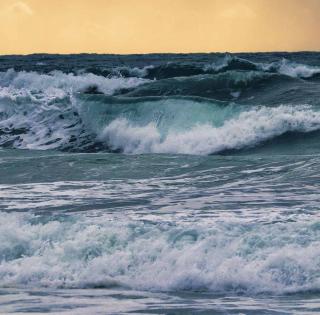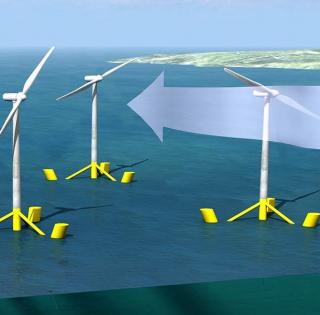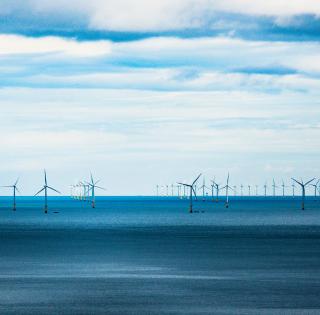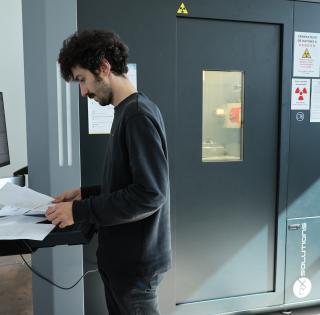
Actualités du projetJournée d’étude internationale HOLI-D Blue – jeudi 13 juin 2024 : Transformations systémiques et coopération Coopérer pour (se) former, (se) professionnaliser, (s') engager au service de transformations socio-écologiques dans le maritime |
HOLI-D Blue: holistic engineering education scheme for understanding and addressing the maritime environmental and societal challenges
Building on the work of ENSTA Bretagne’s education and professionalization of engineers (FPI) research team, the HOLI-D Blue project is aimed at updating the sustainability education given to future engineers hired by businesses operating in the sea and coastal professions, through the practical uptake of its recent research findings, by designing a concrete process in the context of an engineering school (école d'ingénieurs).
One of the main objectives of this project is to improve the contribution that higher education curricula (at universities and graduate and postgraduate schools, grandes écoles) make to sustainability and social responsibility by empowering maritime engineering students to identify and better understand maritime environmental and societal issues and challenges, so as to tackle them and act in a socially relevant and responsible way through the acquisition of appropriate skills for addressing complex concerns.
With that in mind, the HOLI-D Blue project thus sets out to jointly develop a cross-cutting and interdisciplinary "Maritime and sustainability" option as part of the initial syllabus followed by students embarking on a doctorate in ISblue community institutions, starting with ENSTA Bretagne for the pilot scheme.
The HOLI-D Blue project is co-financed by the interdisciplinary graduate school specialised in marine science and technology, ISBLUE.
Background
Educating engineers capable of taking up the challenges shaping the ecological transition, in the framework of the sustainable development goals, is at once:
- An increasing expectation on the part of students joining an engineering school (école d’ingénieurs)
- An increasing demand on the part of businesses, in terms of knowledge and skills
- An increasingly common objective in engineering courses worldwide
- An increasingly important criterion on the part of accrediting bodies
- An ambition of the institutions belonging to the ISblue community, not least as regards the maritime environmental challenges and social responsibility
- A strategic objective of ENSTA Bretagne, enshrined in its 2022-2026 Performance and Objectives Contract
Challenges and aims
HOLI-D Blue is grounded in a cross-cutting educational framework linking all types and stages of education, both formal and non-formal, academic and non-academic, right across a course of study. The aim is to empower students with the intellectual tools and technical skills necessary to tackle these environmental and societal challenges of the maritime sphere, by first understanding the latter then taking action with greater awareness of the impact of their activities.
In that respect, the focus of HOLI-D Blue is the joint development of open and flexible educational approaches with all of the stakeholders involving in engineering education (lecturers and research professors, students, socio-economic partners including local businesses and student associations), which can be adapted to other contexts (engineering schools and partner universities), so as to:
- Make educational improvements to syllabus contents (increase technical, human and social skills and knowledge), both at course level (strengthening the relevance of the teaching, particularly by increasing interaction between the various modules and the academic and professional application of skills acquired) and at institution level (update practices and promote the institutions involved)
- Enable ENSTA Bretagne students who want to, to enhance their studies thanks to this option and, ultimately, to include all first-year students in the awareness stages.
- Provide partner educational institutions of the ISblue community with the results of this pilot scheme, help to roll it out in their courses and/or forge partnerships between several courses/institutions









